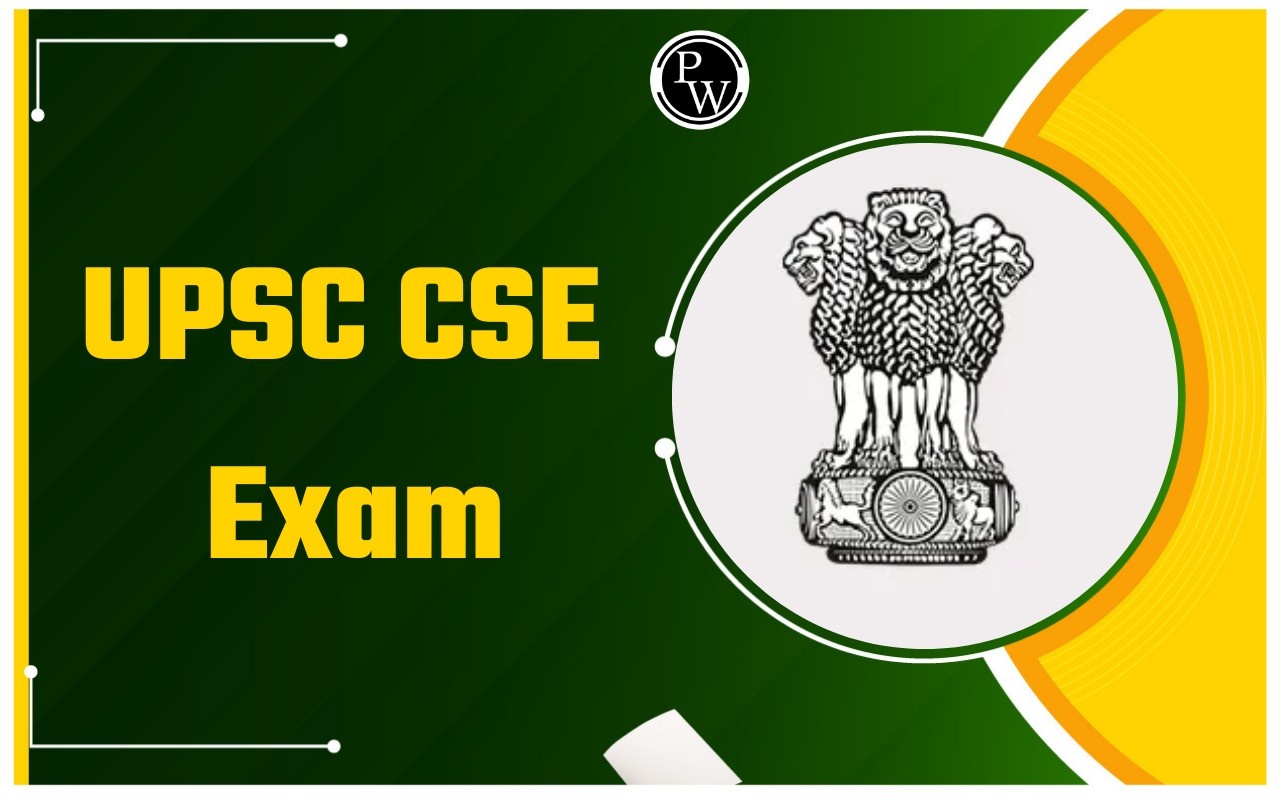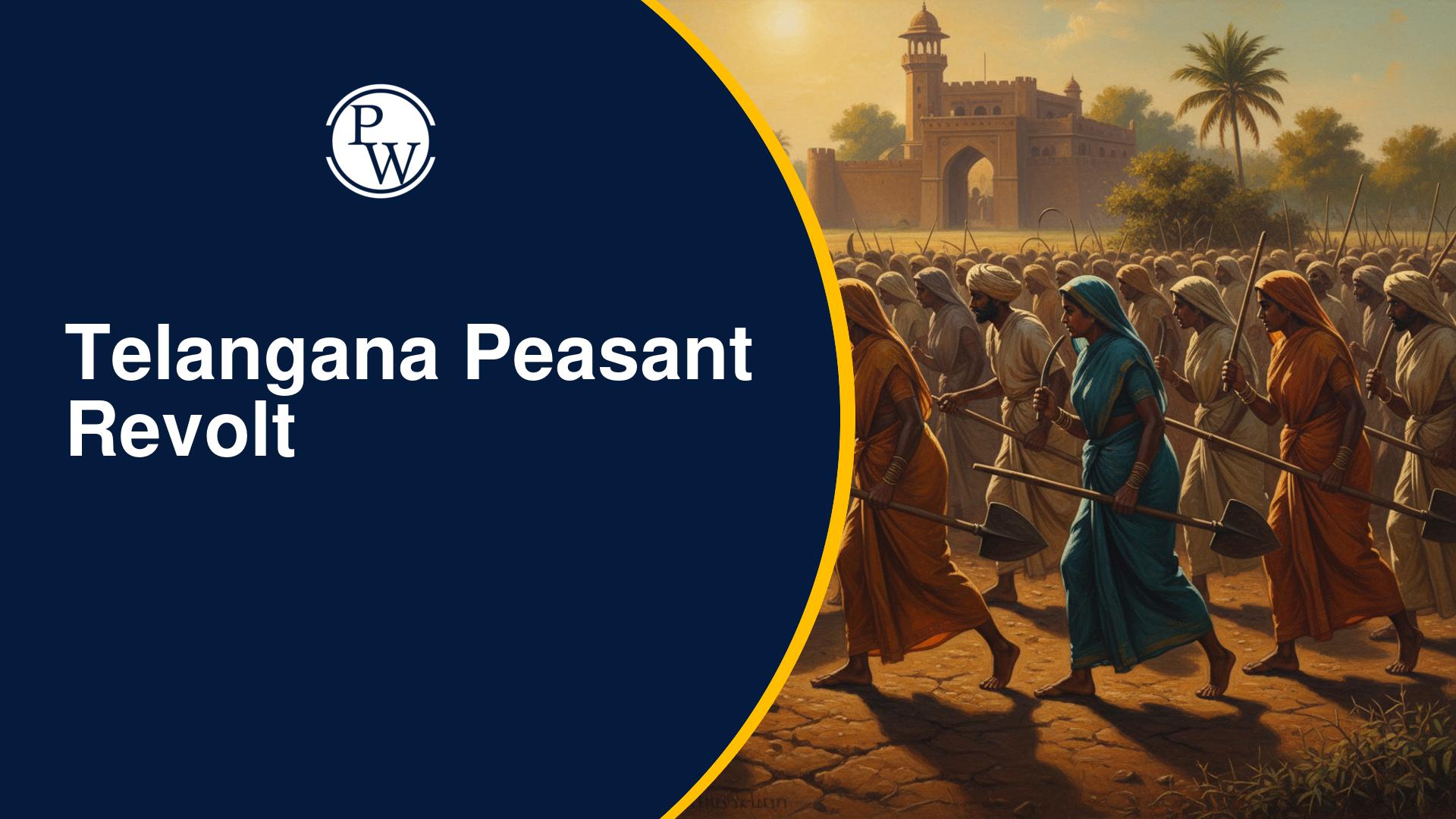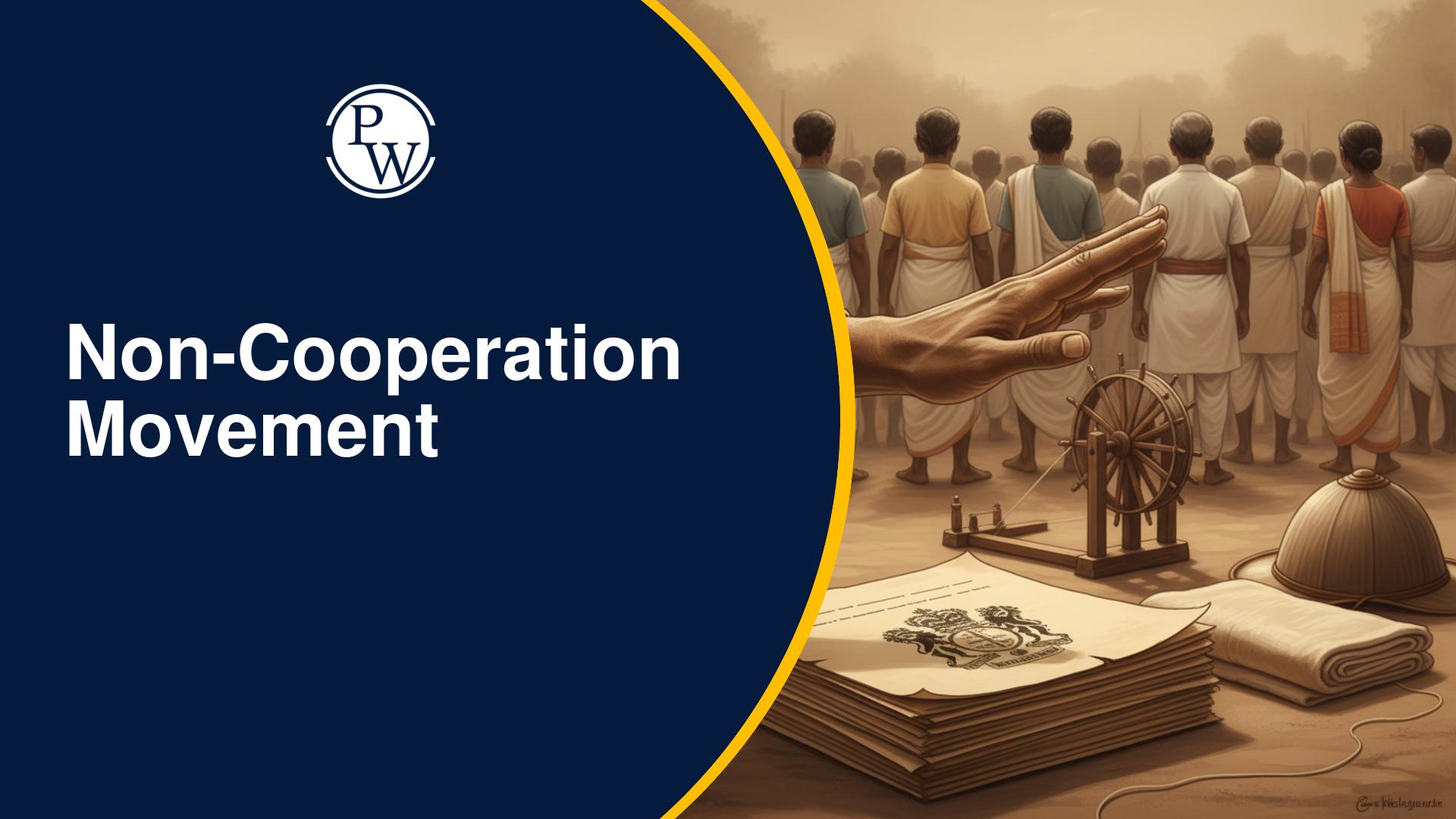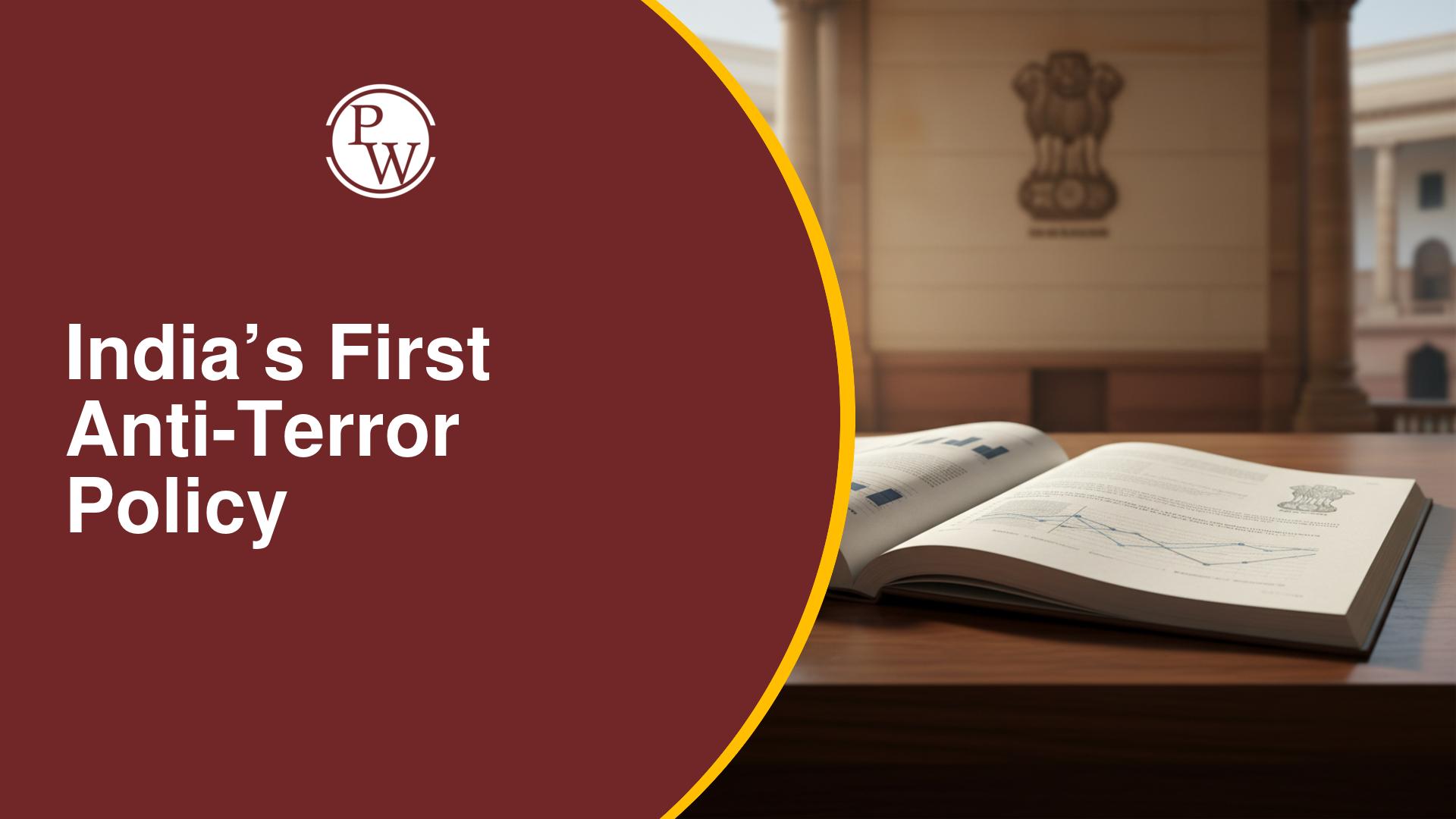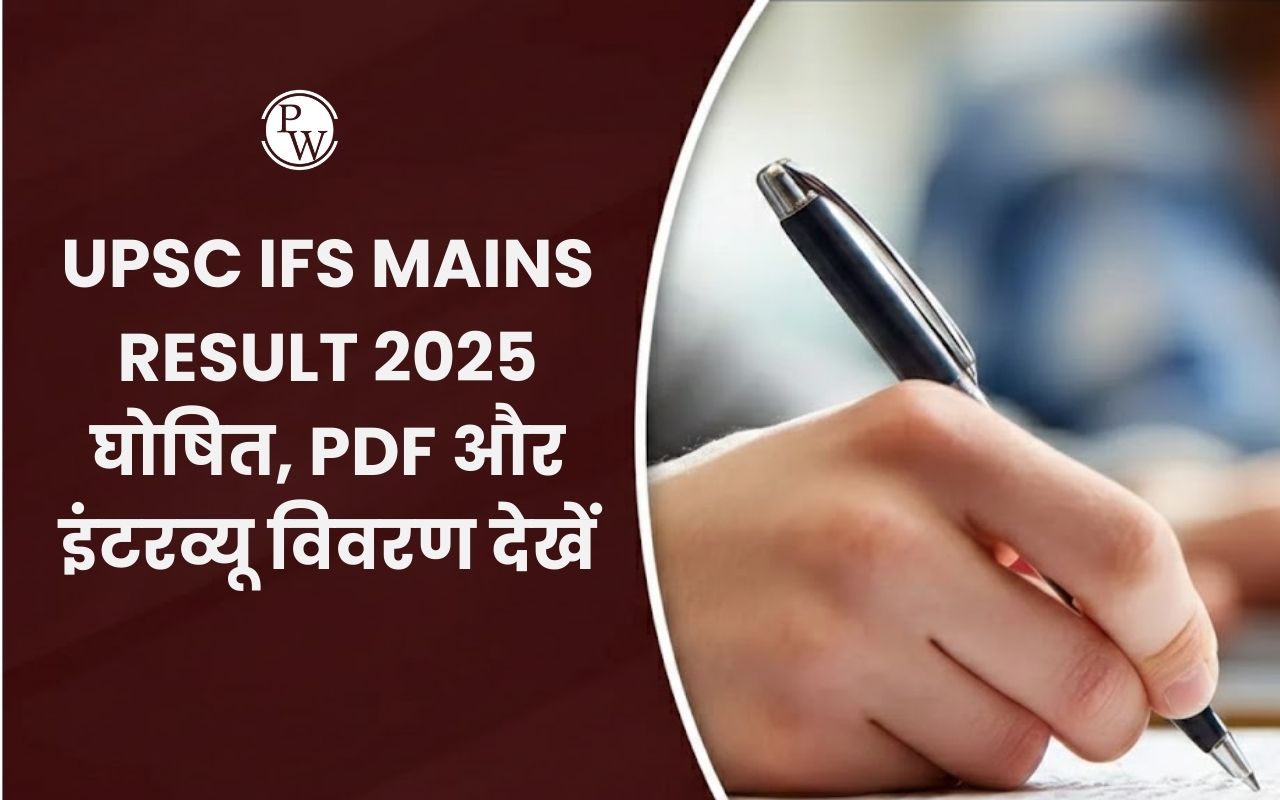
Ambedkar Jayanti 2025, a significant occasion observed on April 14, pays tribute to Dr. Bhimrao Ramji Ambedkar’s lifelong efforts in shaping India. The Government of India, along with state governments, organizes events to raise awareness about his contributions. Public celebrations feature processions, discussions, and tributes at Chaitya Bhoomi in Mumbai and Deekshabhoomi in Nagpur. Read on to learn more about him on Ambedkar Jayanti 2025.
Ambedkar Jayanti 2025
B.R. Ambedkar Remembrance Day 2025 or Ambedkar Jayanti is observed annually on April 14 to commemorate the birth anniversary of Dr. B.R. Ambedkar, the chief architect of the Indian Constitution. Recognized as a social reformer, economist, and jurist, Dr Ambedkar dedicated his life to fighting caste discrimination and promoting social justice.
B.R. Ambedkar Birth Anniversary 2025
The 135th birth anniversary of B.R. Ambedkar or Bhim Jayanti 2025 will be marked by official and public celebrations across India. The President, Prime Minister, and other dignitaries traditionally pay respects at his statue in Parliament.
Schools and colleges organize debates and essay competitions on his contributions to the Constitution. The Ministry of Social Justice and Empowerment promotes awareness programs about his work on social justice, education, and economic reforms.
B.R. Ambedkar Biography
Dr. Bhimrao Ramji Ambedkar was born on April 14, 1891, in Mhow (now in Madhya Pradesh). Belonging to the Mahar community, he faced discrimination from an early age. Despite hardships, he excelled academically, earning degrees from Columbia University and the London School of Economics. He became a lawyer, economist, and social reformer, advocating for the rights of marginalized communities.
| B.R. Ambedkar Biography | |
| Ambedkar's Date of Birth | April 14, 1891 |
| Birthplace | Mhow, Central India Agency, British India (now in Madhya Pradesh). |
| Title | The Father of the Indian Constitution, Babasaheb |
| Family | 14th child of Subedar Ramji Maloji Sakpal and Bhimabai Sakpal. |
| Education | M.A., Ph.D., LL.D., D. Litt., D. Sc., Barrister-at-Law. |
| Career | Jurist, economist, social reformer, and politician. |
| Key Positions |
|
| Political Parties |
|
| Notable Works |
|
| Literary Works | The Annihilation of Caste, The Buddha and His Dhamma, Waiting for A Visa, Ancient Indian Commerce: Commercial Relations of India in the Middle East, The Untouchables: Who Were They and Why They Became Untouchables? |
| Awards | Bharat Ratna in 1990 |
| Death | December 6, 1956. |
He later embraced Buddhism, inspiring millions to seek equality and dignity. His works on economics, law, and social issues remain relevant today, influencing policies on education, employment, and affirmative action.
Contributions of B.R. Ambedkar
Dr. Ambedkar’s contributions to India’s legal, economic, and social systems are immense. His major achievements include:
-
Drafting the Indian Constitution: As Chairman of the Drafting Committee, he ensured the Constitution upheld democratic principles, individual rights, and social justice.
-
Abolition of Untouchability: He led efforts to pass the Untouchability (Offences) Act, 1955, which made caste-based discrimination illegal.
-
Reservations for Marginalized Communities: He advocated for affirmative action policies to ensure representation for Scheduled Castes and Scheduled Tribes in education, employment, and politics.
-
Labour Reforms: As Labour Minister in the Viceroy’s Executive Council (1942-1946), he introduced laws on working hours, minimum wages, and maternity benefits.
-
Economic Theories: His book The Problem of the Rupee influenced India’s monetary policy, advocating for a stable economic framework.
-
Women’s Rights: He worked on the Hindu Code Bill, which aimed to provide equal rights to women in marriage, divorce, and property inheritance.
-
Conversion to Buddhism: In 1956, he embraced Buddhism, leading the Dalit Buddhist movement and inspiring others to seek liberation from caste discrimination.
Famous Quotes by Dr. B.R. Ambedkar
Even today, Dr. B.R. Ambedkar and his thoughts continue to inspire millions. Here are some of his most famous quotes:
|
“I measure the progress of a community by the degree of progress which women have achieved.” “If I find the constitution being misused, I shall be the first to burn it.” “Cultivation of mind should be the ultimate aim of human existence.” “Constitutional morality is not a natural sentiment. It has to be cultivated. We must realise that our people have yet to learn it. Democracy in India is only a top-dressing on an Indian soil which is essentially undemocratic.” “Indifferentism is the worst kind of disease that can affect people.” |
In conclusion, Ambedkar Jayanti 2025 is not just a celebration but an occasion to reflect on the values Dr. B.R. Ambedkar championed. His fight for equality, social justice, and democracy remains relevant in contemporary India
To gain deeper insights into the contributions of India’s freedom fighters and enhance your UPSC preparation, explore PW UPSC Courses!
| Related Post | ||
| UPSC CSAT Online Coaching | UPSC Syllabus 2025 | UPSC CSAT 2025 |
| UPSC Syllabus In Hindi | UPSC Previous Year Question Paper | UPSC CSAT Formula |
Ambedkar Jayanti 2025 FAQs
When is Ambedkar Birth Anniversary in 2025?
What is Ambedkar Date of Birth?
Why is Ambedkar Jayanti celebrated?
What were Ambedkar key contributions to India?
How is Ambedkar Jayanti observed in India?



